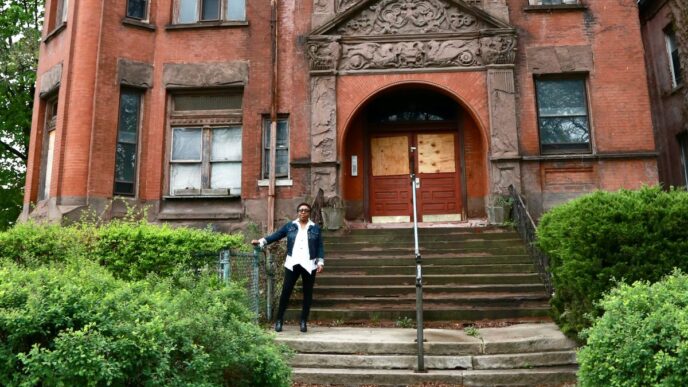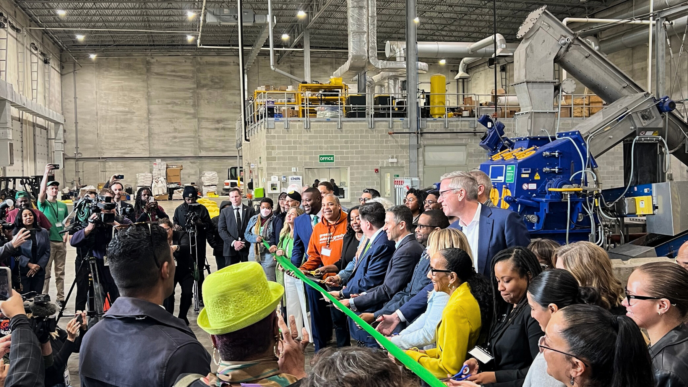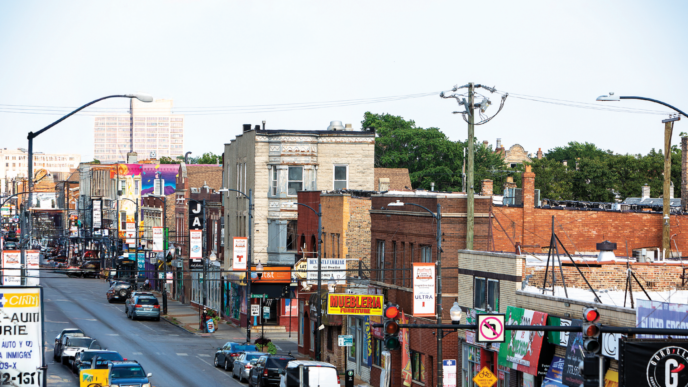A New Era: Urban Growers Collective Opens National Blueprint for Sustainable Agriculture and Economic Revitalization
In Chicago, one in five households currently experiences food insecurity, a challenge that is even more prominent in underinvested South and West Side…



